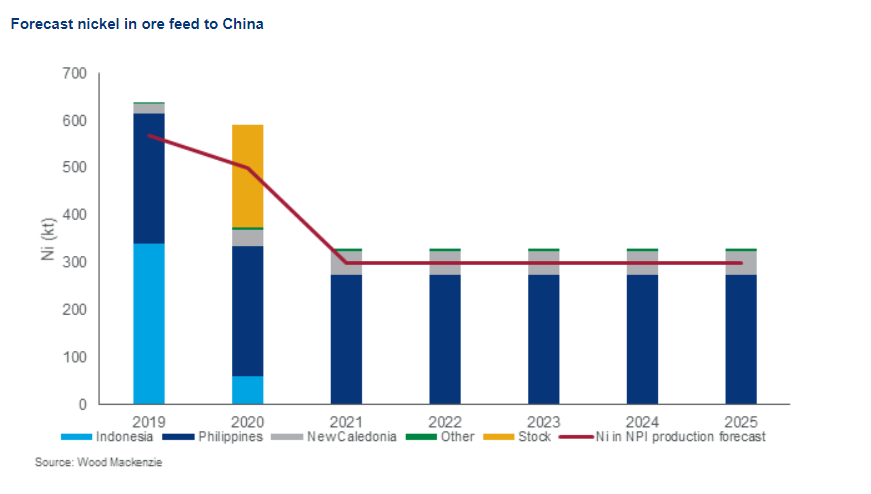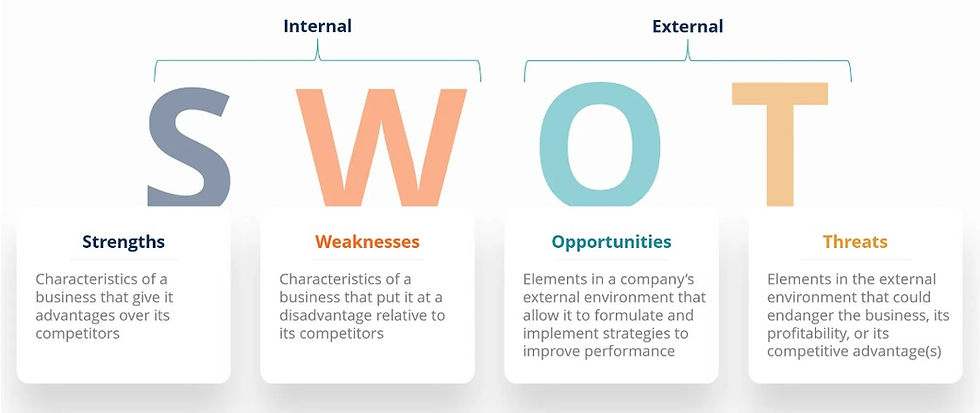Impact Assessment: Congo's Cobalt Export Ban And The Implications Of Its Proposed Quota System

Table of Contents
The Current State of Cobalt Mining in the DRC and Global Demand
The DRC holds a dominant position in the global cobalt market, accounting for over 70% of global production. This reliance highlights the vulnerability of the global supply chain to any disruptions originating from the country. The surging demand for cobalt is primarily fueled by the rapid growth of the electric vehicle (EV) sector and the increasing adoption of renewable energy technologies, particularly in battery storage solutions. This demand is projected to continue its upward trajectory in the coming years.
- DRC's dominance: The DRC produces over 70% of the world's cobalt.
- Major consumers: China, Japan, South Korea, and the United States are major consumers, primarily for battery production in the EV and electronics industries.
- Projected growth: Demand for cobalt is expected to increase significantly by 2030, driven by the expansion of the EV market and renewable energy infrastructure.
- Environmental and social impacts: Cobalt mining in the DRC has been associated with significant environmental damage, including deforestation and water pollution, as well as social issues such as child labor and poor working conditions. Sustainable mining practices are crucial to mitigate these negative impacts.
Analysis of Congo's Proposed Cobalt Quota System
The specifics of Congo's proposed cobalt quota system remain somewhat opaque, lacking complete transparency. The stated goals generally involve boosting domestic processing capabilities, increasing government revenue, and improving governance within the cobalt sector. This system aims to shift the DRC's role from a raw material exporter to a more integrated player in the global cobalt value chain. The quotas themselves haven't been definitively announced, leaving global markets in a state of uncertainty.
- Intended goals: Increased domestic refining, job creation within the DRC, and enhanced revenue generation for the government.
- DRC government's rationale: The government argues the quota system is necessary for economic diversification and to capture greater value from its abundant cobalt resources.
- Implementation challenges: Enforcing the quota system, preventing illegal mining and smuggling, and ensuring equitable distribution of quotas among mining companies will be significant challenges.
Economic Implications for Global Supply Chains
Congo's cobalt export restrictions and quota system pose a significant risk to the global supply chain. Potential consequences include increased cobalt prices, supply disruptions, and heightened price volatility. This instability can negatively impact EV manufacturers, battery producers, and other industries reliant on a consistent and affordable supply of cobalt. The potential for supply shortages could significantly delay the global transition to electric vehicles and renewable energy.
- Price volatility: The quota system may lead to significant price fluctuations, making cobalt a more expensive and less predictable input for manufacturers.
- Supply chain disruption: Reduced cobalt exports from the DRC could lead to shortages and delays in the production of EVs and batteries.
- Mitigation strategies: Diversifying cobalt sources (exploring mines in Australia, Canada, and other regions), securing long-term contracts with suppliers, and investing in alternative battery technologies are crucial mitigation strategies.
Social and Environmental Considerations
The social and environmental consequences of cobalt mining in the DRC are significant. The quota system could potentially exacerbate or alleviate these issues, depending on its implementation and enforcement. While aiming for improved governance, there’s a risk of increased illegal mining activities to circumvent export restrictions, leading to further environmental damage and labor exploitation.
- Child labor: Addressing child labor remains a critical concern, requiring stringent monitoring and enforcement to protect vulnerable workers.
- Environmental degradation: Sustainable mining practices, including responsible waste management and water conservation, are crucial to minimize environmental damage.
- Potential for improvement: A well-managed quota system could incentivize more responsible mining practices and improve working conditions, but only with robust oversight.
- Increased illegal mining: Stricter export controls might inadvertently increase illegal mining, undermining efforts to improve environmental and labor standards.
Conclusion
Congo's proposed cobalt export quota system presents a complex challenge with significant implications for both the DRC and the global economy. While aiming to enhance domestic value addition and improve governance, the potential for disrupting global supply chains, increasing prices, and exacerbating existing social and environmental problems is substantial. Careful monitoring of the implementation of this system and proactive measures to mitigate risks are crucial. Further research and transparent communication regarding Congo's cobalt export policy are needed to navigate these challenges effectively. Understanding the intricate details of Congo's cobalt export ban and quota system is vital for all stakeholders involved in the global cobalt market. Proactive engagement and collaboration are essential to ensure a sustainable and ethical future for cobalt production and utilization.

Featured Posts
-
 Analyzing The Los Angeles Dodgers Offseason Moves
May 15, 2025
Analyzing The Los Angeles Dodgers Offseason Moves
May 15, 2025 -
 Us Tap Water Contamination Nearly 100 Million Exposed To Pfas
May 15, 2025
Us Tap Water Contamination Nearly 100 Million Exposed To Pfas
May 15, 2025 -
 Steam 2025 Sales When What And How To Get The Best Deals
May 15, 2025
Steam 2025 Sales When What And How To Get The Best Deals
May 15, 2025 -
 The Nhl Draft Lottery A Breakdown Of The Rules And Fan Reaction
May 15, 2025
The Nhl Draft Lottery A Breakdown Of The Rules And Fan Reaction
May 15, 2025 -
 Hot Spots For Business A Geographic Analysis Of New Opportunities In Country Name
May 15, 2025
Hot Spots For Business A Geographic Analysis Of New Opportunities In Country Name
May 15, 2025
